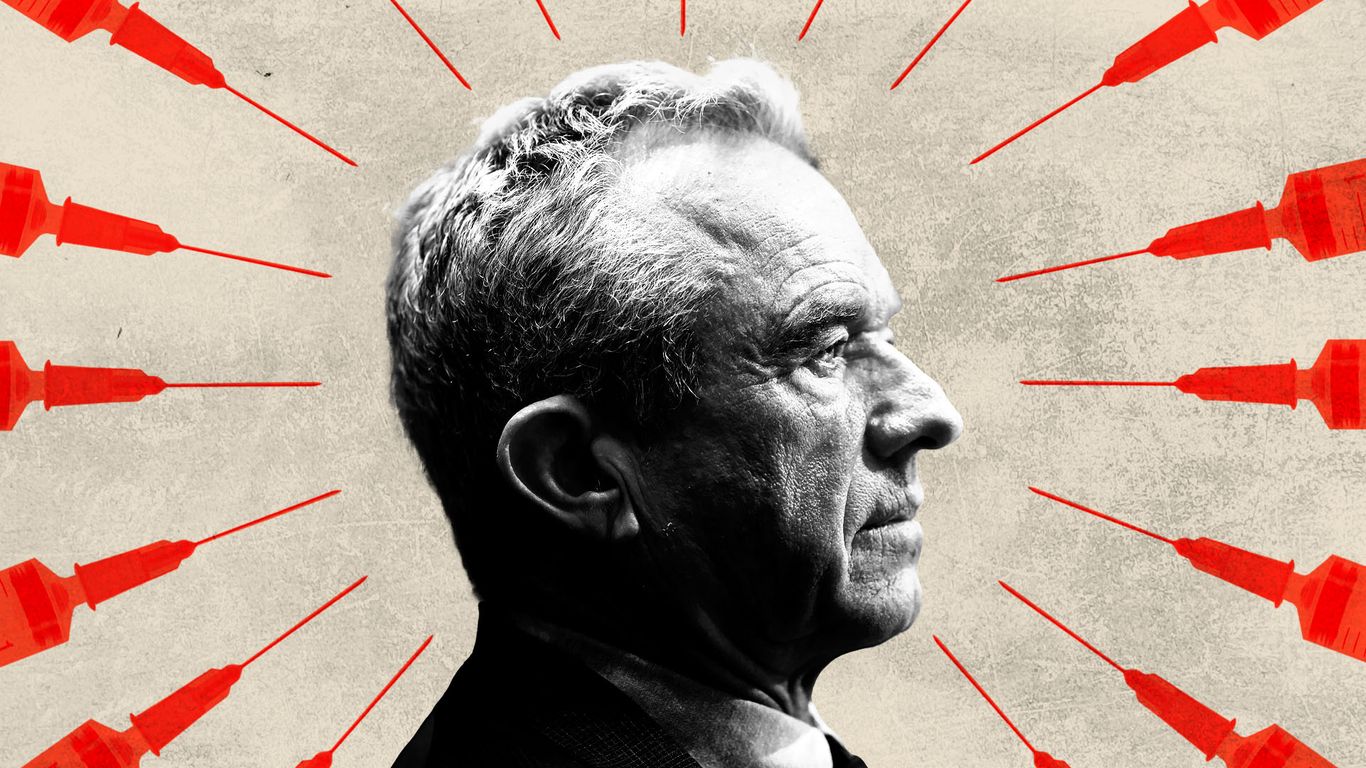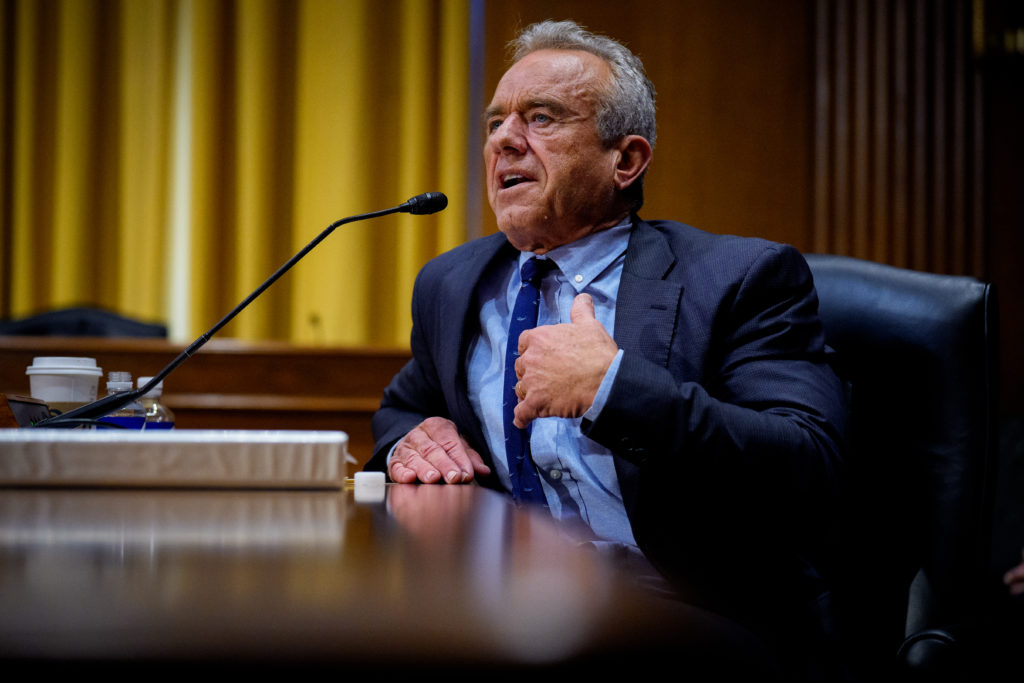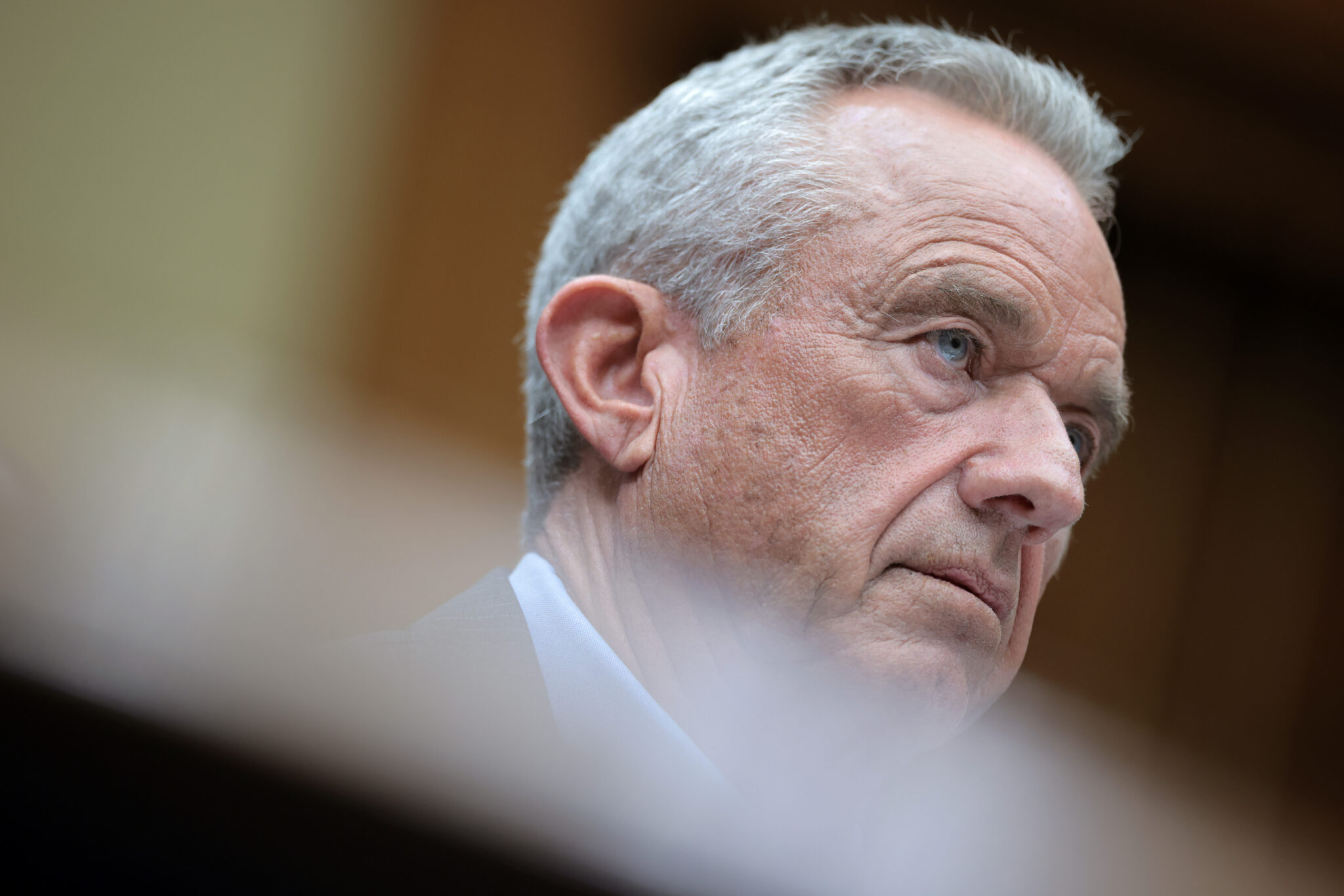Crunch Time for RFK Jr.'s Vaccine Advisers

Introduction
It's crunch time for RFK Jr.'s vaccine advisers as they prepare for two days of meetings. Critics are concerned that these meetings will simply rubber-stamp additional limits on who can receive routine shots, without considering the safety and effectiveness of vaccines. This is a contentious issue that has been highly debated and politicized over the years.
Key Details
The controversy surrounding vaccines and their potential risks has led to a rise in the anti-vaccination movement, with some parents choosing not to vaccinate their children. However, this has also resulted in outbreaks of preventable diseases, causing concern among health officials. In response, some states have implemented stricter vaccination laws, while others have granted exemptions for religious or personal beliefs.
RFK Jr.'s vaccine advisers have been tasked with finding a balance between individual beliefs and public health. They will have to consider the latest scientific research and evidence to make informed decisions about who should receive routine shots.
Impact
The outcome of these meetings will have a significant impact on the future of vaccination policies and regulations. If stricter limits are imposed, this could potentially lead to a decrease in preventable diseases, but it could also infringe on personal freedoms. On the other hand, if exemptions are granted, it could put more individuals at risk of contracting diseases. The decisions made by RFK Jr.'s
About the People Mentioned
Robert F. Kennedy Jr.
Robert F. Kennedy Jr. is an American politician, environmental lawyer, and author, born on January 17, 1954, in Washington, D.C. He is the third of eleven children of Robert F. Kennedy, the U.S. Attorney General, and Ethel Skakel Kennedy. His family's political legacy includes his uncle, President John F. Kennedy. Kennedy's early life was marked by personal struggles, including drug addiction, which led to his arrest for heroin possession in 1983. However, he later redirected his life towards environmental advocacy and public service. Kennedy graduated from Harvard University in 1976 with a degree in American history and literature and later earned a law degree from the University of Virginia in 1981. He began his career as an assistant district attorney in Manhattan but soon shifted his focus to environmental law. In 1987, he received a master's degree in environmental law from Pace University, where he taught environmental law from 1986 to 2018 and co-founded the Environmental Litigation Clinic. Notably, Kennedy is the founder of the Waterkeeper Alliance, a global clean water advocacy group, and Children's Health Defense, which focuses on childhood chronic diseases and environmental exposures. He has been recognized for his environmental activism, including being named TIME Magazine's "Hero for the Planet" for his efforts in restoring the Hudson River. Kennedy has also been involved in high-profile legal cases against companies like DuPont and Monsanto. In recent years, he has been a vocal figure in vaccine skepticism and public health controversies. In the 2024 U.S. presidential election, Kennedy initially ran as an independent candidate before endorsing Donald Trump. Currently, his involvement in public life includes controversial stances on health and environmental issues. Despite these controversies, his work in environmental law and advocacy has had significant impacts on public health and environmental protection.















